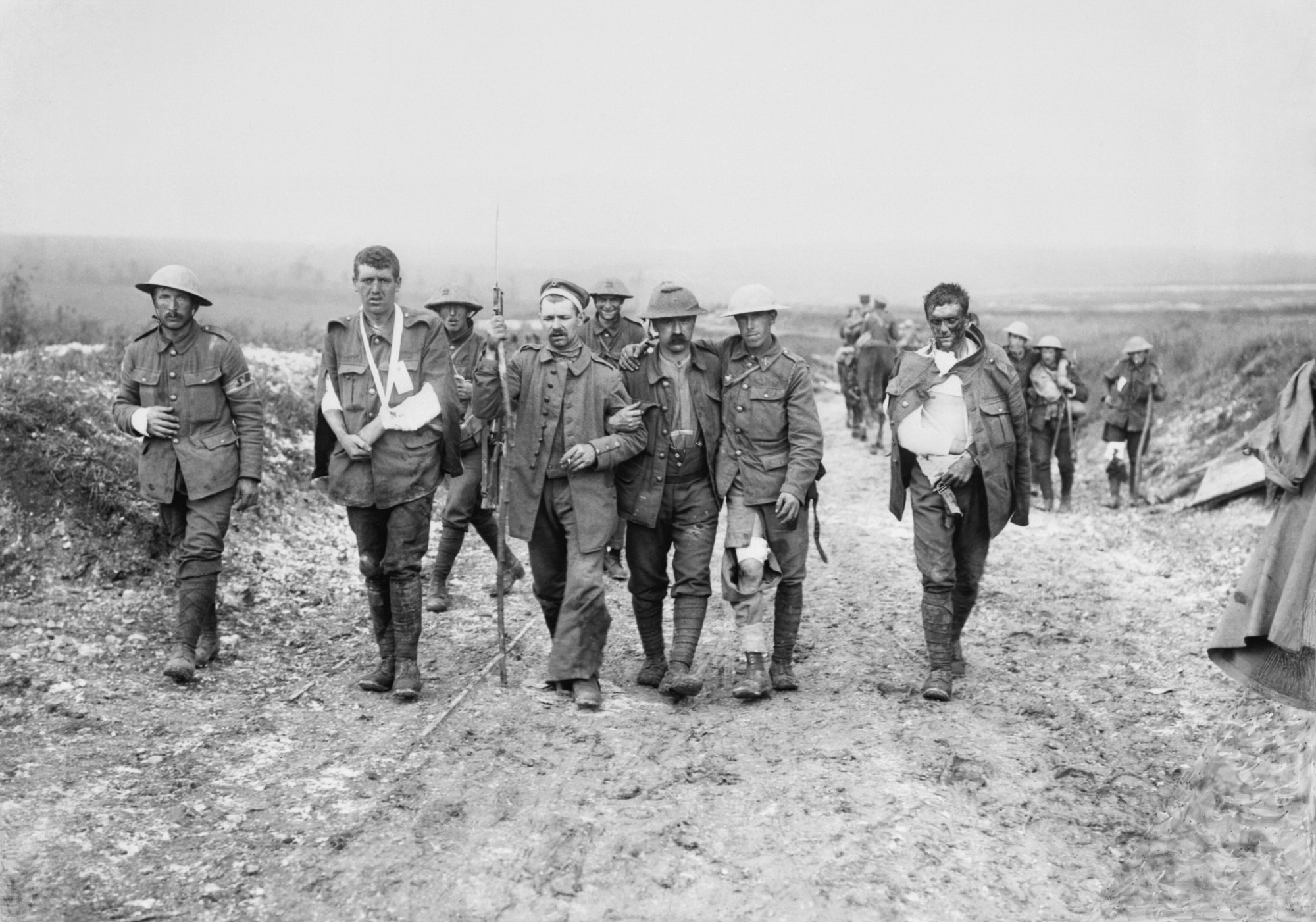Last month, I traveled to Vienna, the former seat of the Austro-Hungarian Empire and a fitting place to contemplate the approaching 100th anniversary of the conclusion of World War I.
That conflict began with Austria-Hungary's declaration of war against Serbia in July 1914, following the assassination of Austro-Hungarian archduke Franz Ferdinand. It ultimately led to more than 15 million deaths, the collapse of four empires, the rise of communism and fascism in some of Europe's leading states, the emergence and subsequent retreat of America as a global power, and other developments that profoundly altered the course of the 20th century.
World War I was "the deluge ... a convulsion of nature," remarked Britain's Minister of Munitions David Lloyd George, "an earthquake which is upheaving the very rocks of European life." Although that conflict ended a century ago, it still offers three crucial lessons that are relevant to our increasingly disordered world today.



